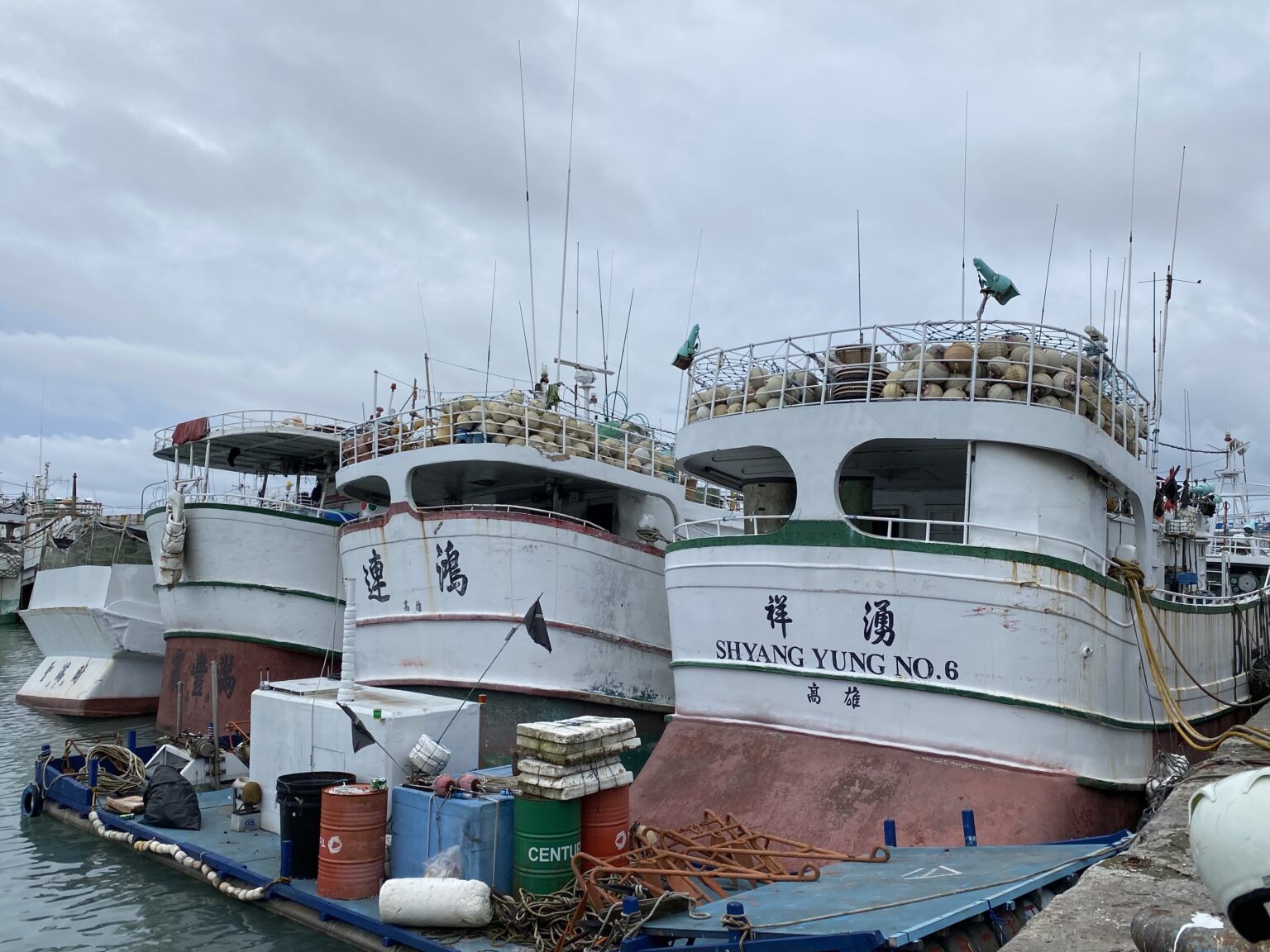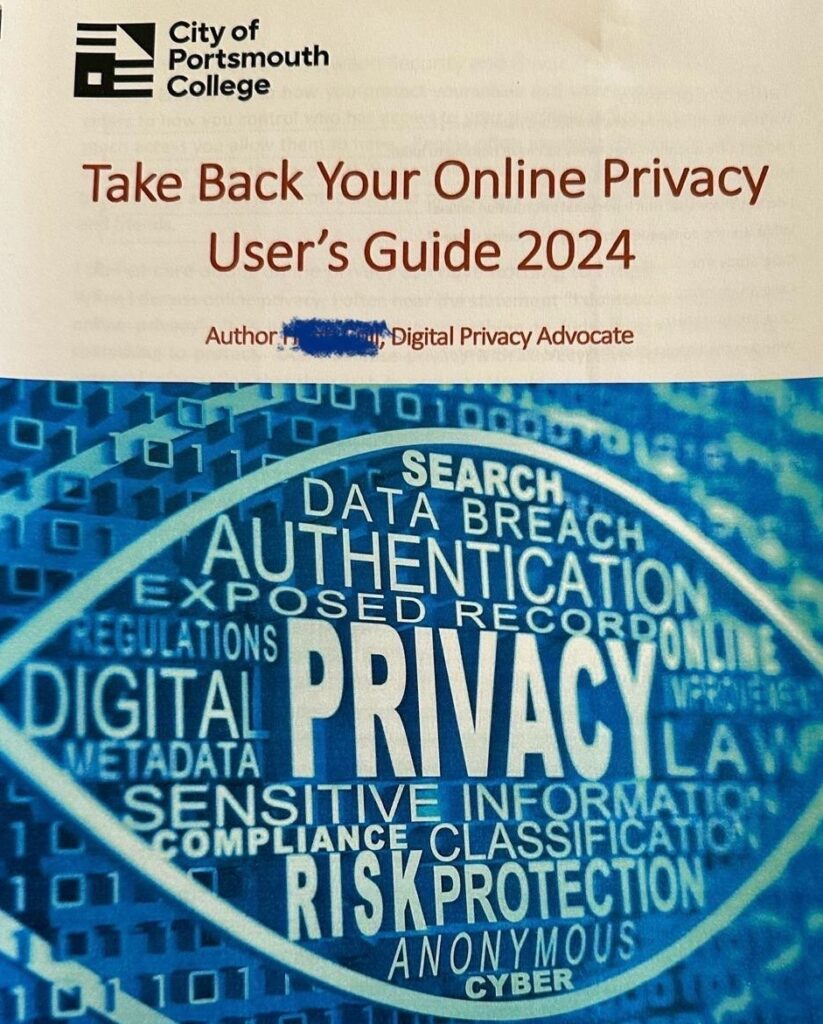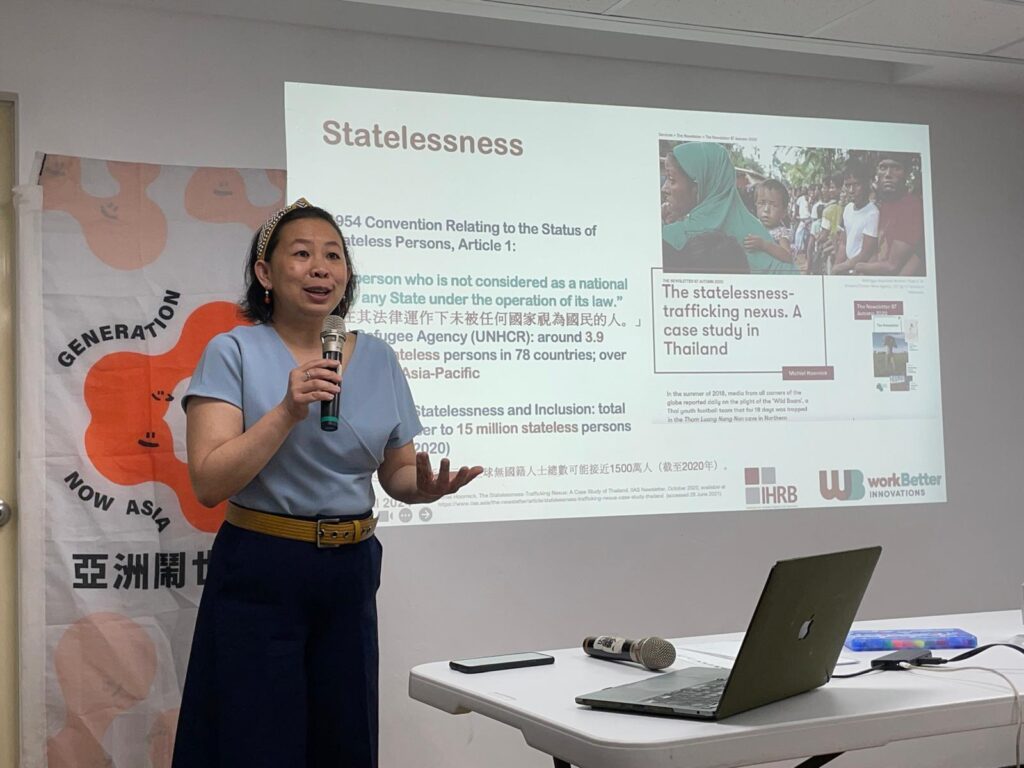![]() 15 September 2023. As part of civil society activities in parallel with the 43rd ASEAN (Association of Southeast Asian Nations) Summit in Indonesia, WBI presented at the Cross-Regional Workshop “Developing CSO’s Proposed Guideline on Placement and Protection of Migrant Fishers in ASEAN.” Dr Bonny Ling was invited to contribute to developing civil society recommendations concerning the placement and protection of migrant fishers, following a key ASEAN Declaration on the topic in May 2023.
15 September 2023. As part of civil society activities in parallel with the 43rd ASEAN (Association of Southeast Asian Nations) Summit in Indonesia, WBI presented at the Cross-Regional Workshop “Developing CSO’s Proposed Guideline on Placement and Protection of Migrant Fishers in ASEAN.” Dr Bonny Ling was invited to contribute to developing civil society recommendations concerning the placement and protection of migrant fishers, following a key ASEAN Declaration on the topic in May 2023.
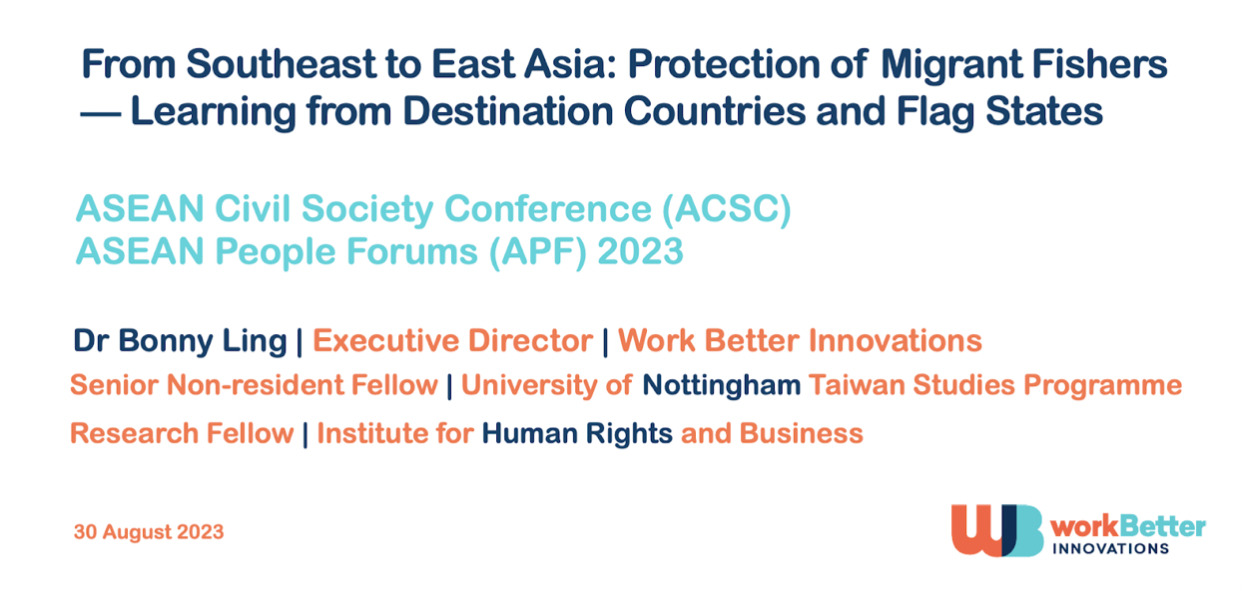
The workshop was initiated by Indonesia’s NGOs Coalition for International Human Rights Advocacy (HRWG) and the NGO Better Engagement Between East and Southeast Asia (BEBESEA) to create a space for civil society actors and other stakeholders to exchange views and increase understanding on the situation of migrant fishers in Southeast and East Asia.
The workshop offered participants, including representatives from law, human rights and civil society organizations, the unique opportunity to draw up a roadmap of the required steps towards embedding the ‘ASEAN Declaration’ into real practice.
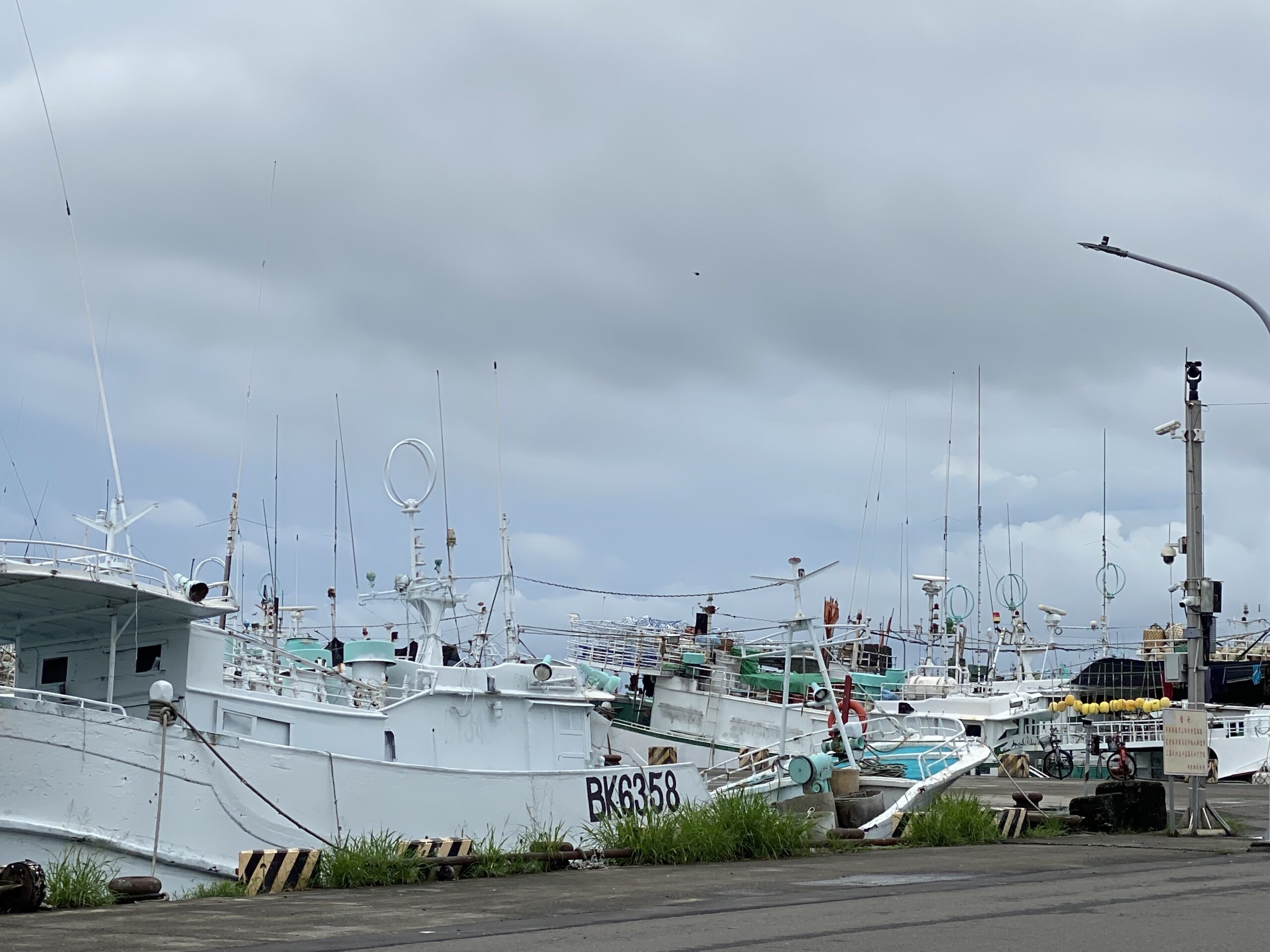 [Photo Credit: Bonny Ling. August 2023. Taiwan]
[Photo Credit: Bonny Ling. August 2023. Taiwan]
Passed on 10 May 2023, the Declaration reiterates the commitment by the ASEAN Consensus on the Protection and Promotion of the Rights of Migrant Workers in 2017 to “promote decent, humane, productive, dignified and remunerative employment for migrant workers, recognizing the importance of migrant workers and their positive contribution to the economies of ASEAN Member States.”
While the ‘ASEAN Consensus’ is a broad document that, in principle, should cover all migrant workers, the ASEAN Declaration specifically addresses migrant fishers, acknowledging the fact that:
“Fishing is a hard-to-reach sector and could be a hazardous occupation which aggravates the vulnerabilities of migrant fishers to the risk of decent work deficits”.
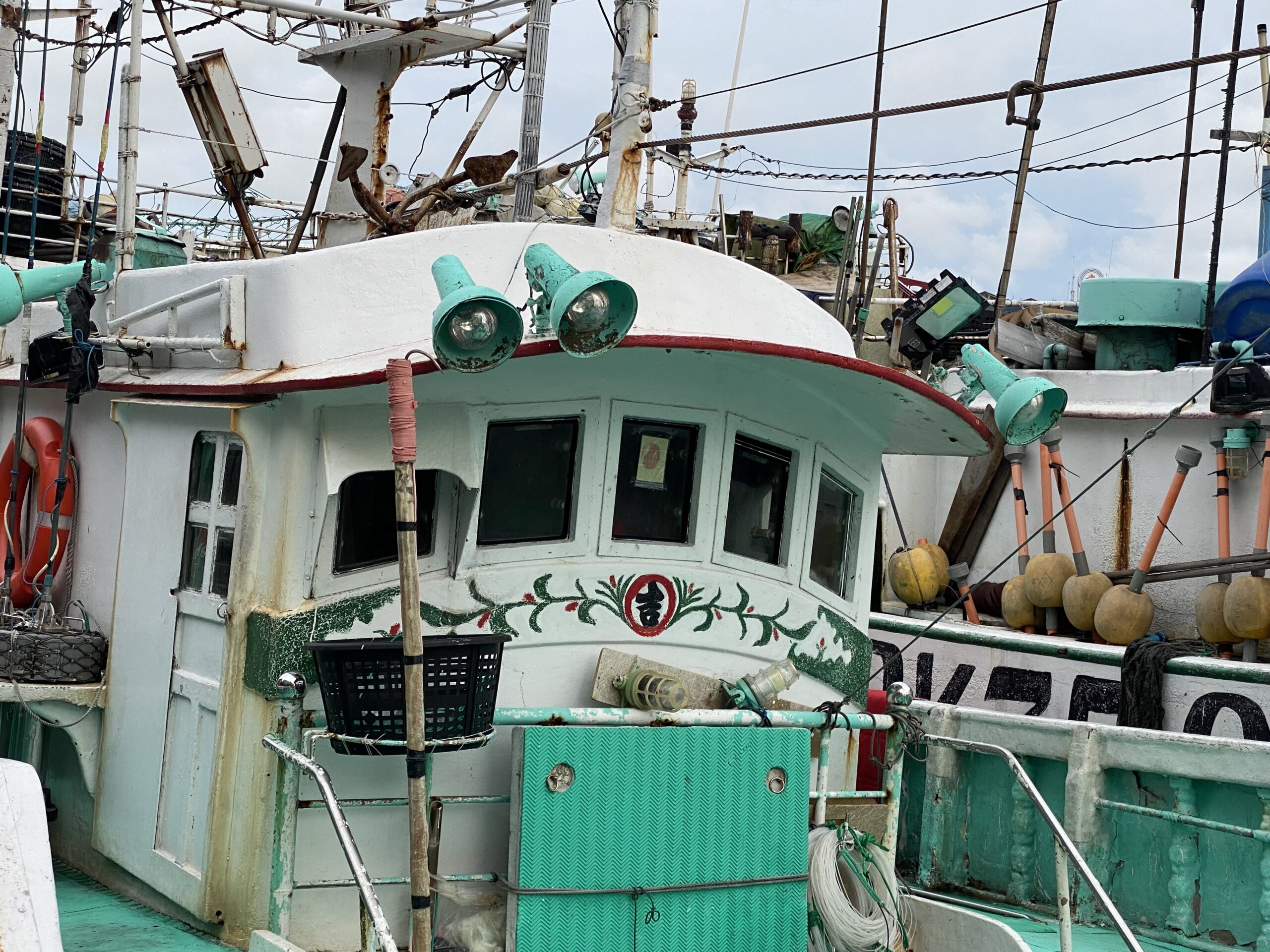 [Photo Credit: Bonny Ling. August 2023. Taiwan]
[Photo Credit: Bonny Ling. August 2023. Taiwan]
![]() This point was emphasised in Dr Ling’s presentation outlining the challenge of ensuring labour and human rights in the fishery sector, owing in large part to jurisdictional complexities (flag, port and coastal state jurisdictions) and also that violations at sea are far from land and out of sight. This can make collective action for advocacy more difficult, but urgently needed to improve protection for migrant fishers.
This point was emphasised in Dr Ling’s presentation outlining the challenge of ensuring labour and human rights in the fishery sector, owing in large part to jurisdictional complexities (flag, port and coastal state jurisdictions) and also that violations at sea are far from land and out of sight. This can make collective action for advocacy more difficult, but urgently needed to improve protection for migrant fishers.
Recommendations by WBI
In response to the issues outlined above, WBI raised three concerns to feed into further civil society recommendations for the ASEAN Declaration on The Placement and Protection of Migrant Fishers for the ASEAN Civil Society Conference and ASEAN People’s Forum:
- Build broad regional solidarity for international advocacy. International labour standards and policies can only be revised following negotiations between governments, employer and worker representatives. This process calls for stronger and active tripartite dialogues so that labour issues such as communication facilities for migrant fishers at sea can be changed in treaty law and implemented as a matter of compliance with international standards.
- Eliminate recruitment fees. A major cause of forced labour is the charging of recruitment fees to migrant workers, which can create situations of debt bondage and leave low-wage workers vulnerable to forced labour risks in their work, whether on land or at sea. What ASEAN should work towards is not abolishing the “overcharging of recruitment fees,” as it currently states in the ASEAN Consensus (articles 23(b) and 33), but the elimination of recruitment fees.
- ASEAN standards must be consistent with international human rights law and best practices. The human rights regime for migrant workers in ASEAN is built on the ASEAN Consensus of 2017 that only includes documented migrant workers and those who are “undocumented through no fault of their own” (ASEAN Consensus, article 2). This phrasing is highly problematic and is also not seen in the international human rights treaty for the rights of migrant workers, the International Convention on the Protection of the Rights of All Migrant Workers and Members of Their Families.
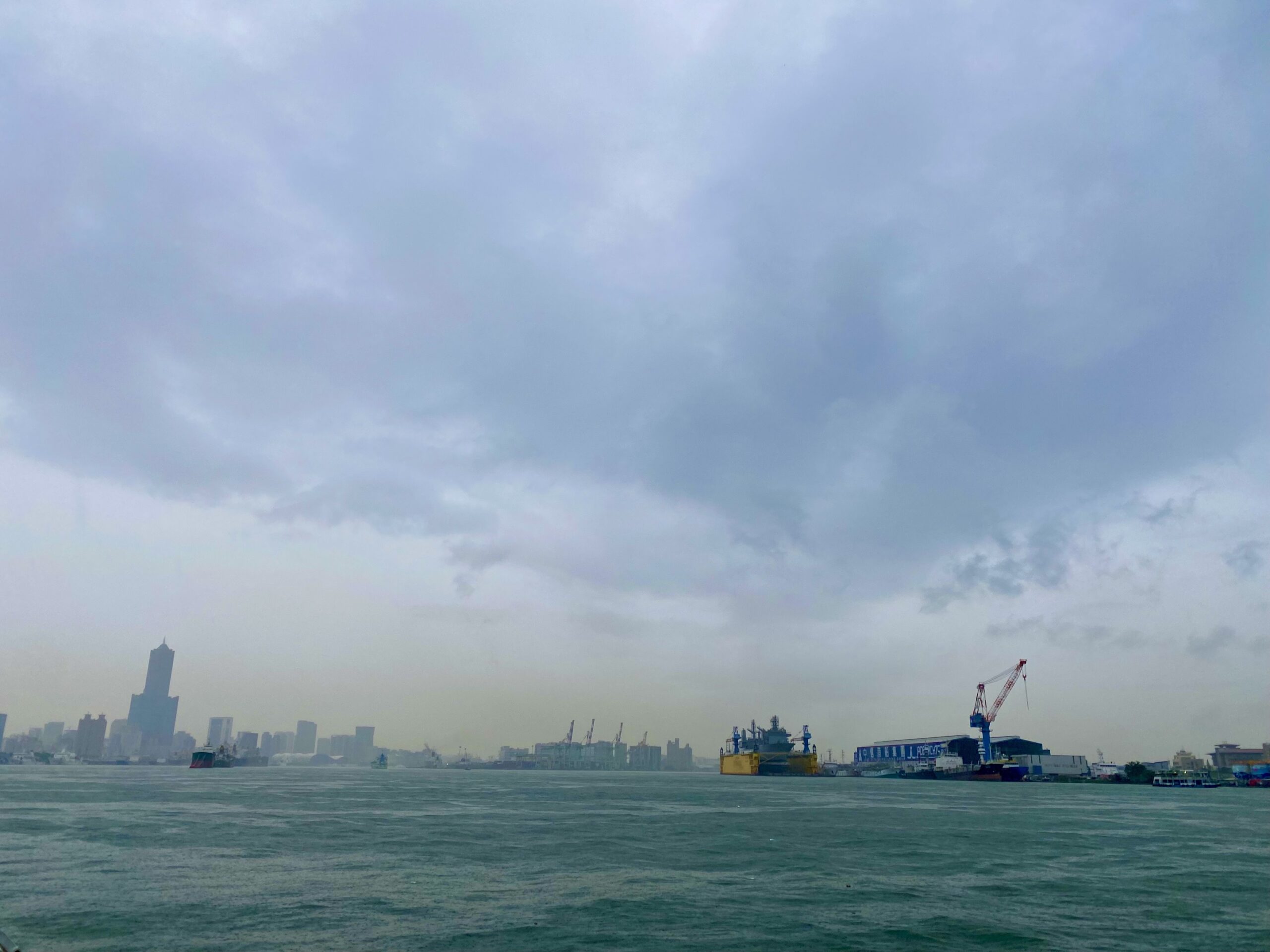 [Photo Credit: Bonny Ling. August 2023. Taiwan]
[Photo Credit: Bonny Ling. August 2023. Taiwan]
To align with the ASEAN’s commitment to respect the Universal Declaration of Human Rights, fundamental International Labour Organization (ILO) Conventions, ILO Declaration on Fundamental Principles and Rights at Work and other relevant international instruments, it is imperative to consider that everyone has human rights, regardless of their migratory status in the host country.
WBI Observations
Considering that the Asia Pacific maritime sector is one of the most influential sectors in the world economy and that about one-third of its migrant labour force is employed in the fishing industry, WBI welcomes the important multistake-holder discussions that took place in the HRWG-BEBESEA Regional Workshop.
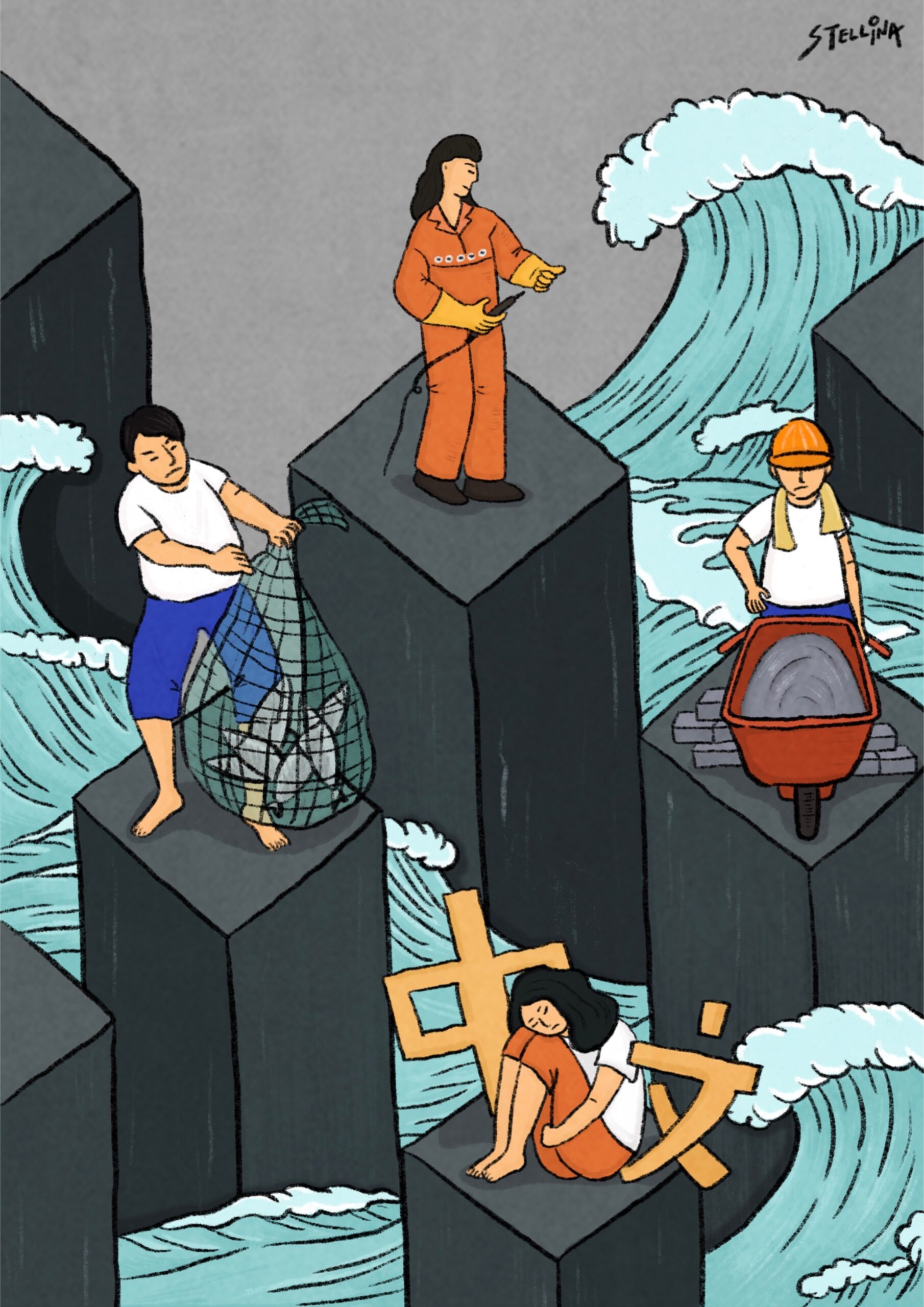
“While much focus will be placed on migrant male fishers, who toil in the distant fishing sector, we also need to work on the rights protection of women fishers who tend to dominate the informal sector, coastal fishing and in the long seafood supply chain, when we also look at the cleaning and processing of seafood.
We are honoured to provide our expert views on the human rights of migrant fishers, to advance key developments in ASEAN on the protection of all those who work at sea.” – WBI
[Right: Illustration by cartoonist Stellina Chen on ILO Forced Labour Indicator #4 Isolation]

